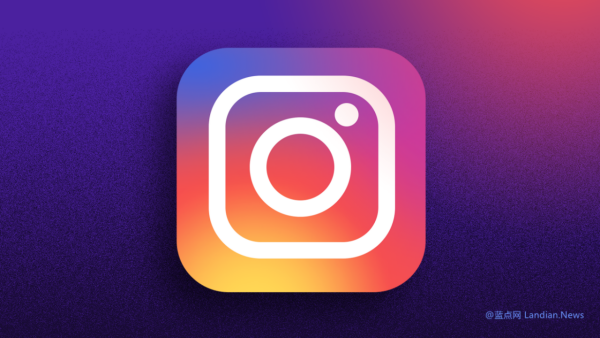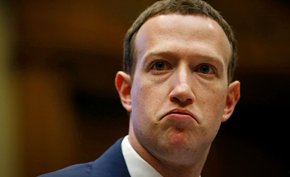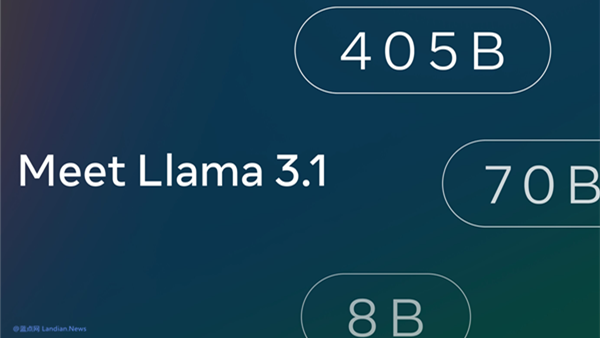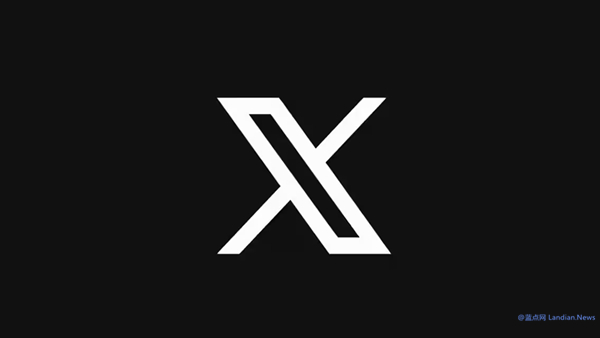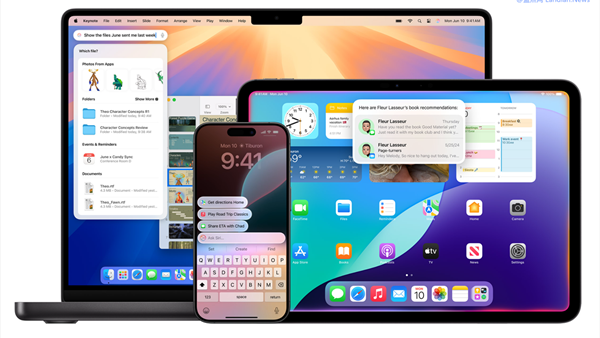Facebook Fined 21.62 Billion KRW by South Korea for Sharing Sensitive Data with Advertisers Without User Consent
South Korea's data privacy regulators have launched a crackdown on social media platforms for their illegal practice of collecting sensitive user information and selling it to advertisers without obtaining user consent.
Recently, the social media giant Meta was fined 21.62 billion Korean won (approximately 15.67 million USD) by the Personal Information Protection Commission (PIPC) of South Korea. The fine was imposed because Facebook was found to be secretly selling sensitive user information.
PIPC's investigation revealed that Facebook collected sensitive information, such as religious beliefs, political views, and sexual orientation, from approximately 980,000 South Korean users. Without explicitly obtaining user consent, Facebook sold this information to over 4,000 advertisers.
Social networking activities reveal much about our inner thoughts, and Facebook analyzed user preferences based on likes, ad clicks, and other data. The company then used this analyzed data to tag users accordingly.
Facebook then shared these data and tags with its advertising network, which targeted users with specific ads based on the tags. This was a factual behavior discovered through PIPC's investigation.
The regulatory body criticized Facebook for processing such sensitive information without proper legal basis and for selling user data without clearly informing the users or obtaining their consent.
Furthermore, the investigation found flaws in Facebook's security mechanisms. About 10 South Korean users who had stopped using their Facebook accounts became victims of data breaches when malicious actors successfully reset their passwords by submitting false identity requests.
In a press release, PIPC stated that the commission would continue to monitor Meta's compliance with its corrective orders and would make every effort to protect the personal information of South Korean citizens. The commission emphasized that global companies serving South Korean users would be subject to the same legal protections.


